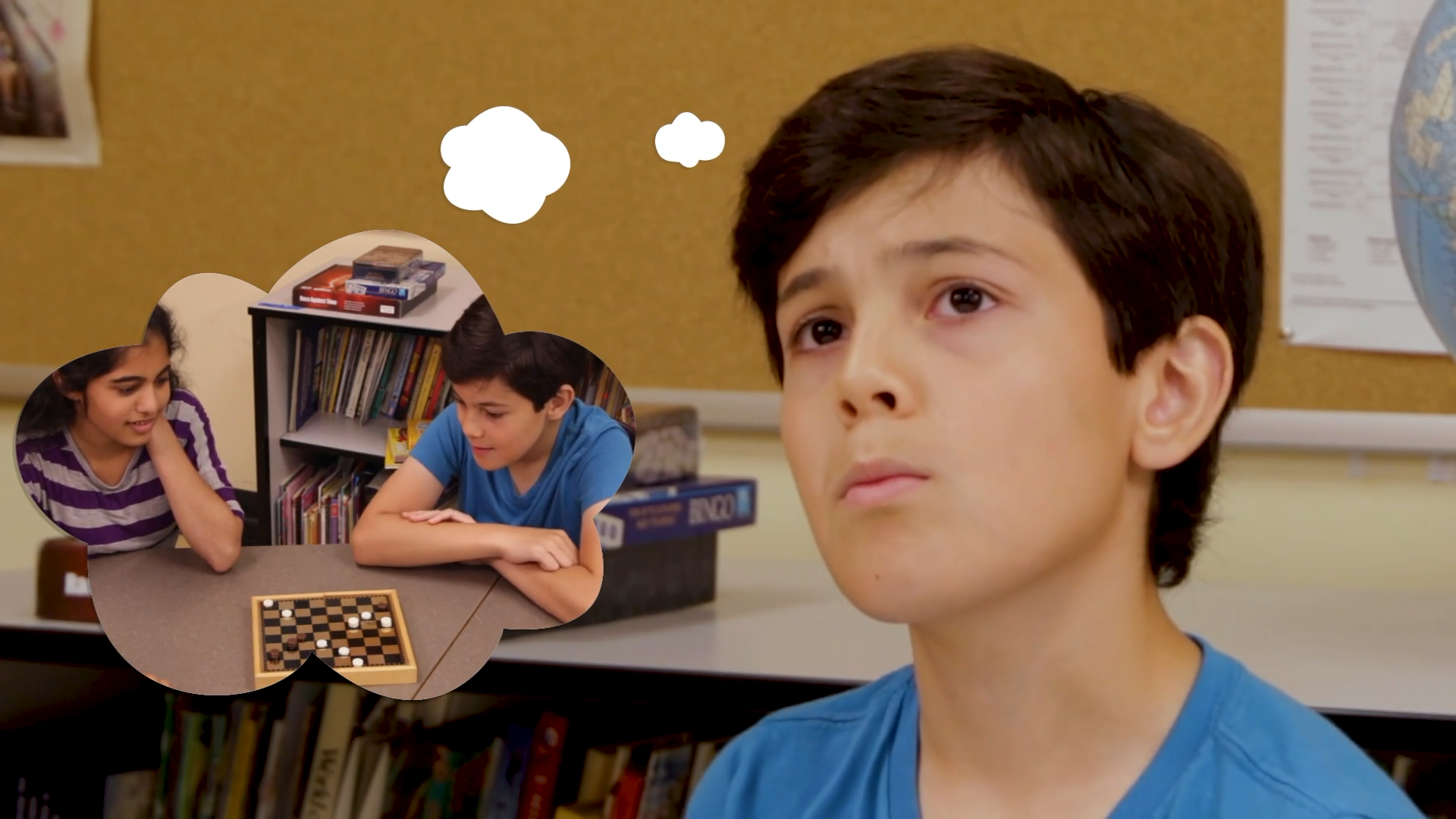Introduction
Adapting to change and accepting others’ ideas can be challenging for young children. In this blog post, we will explore the concept of having an Open Mind, which is crucial for social-emotional learning. An Open Mind allows children to accept new ideas and adapt to different situations, making them more comfortable in social settings. We will discuss a no-prep activity for educators, provide discussion questions, and suggest related skills to help Kindergarten students develop an Open Mind.
No-Prep Activity: The New Game
This activity requires no preparation or materials and is designed to help students understand the importance of having an Open Mind.
- Divide the students into small groups of 3-4.
- Ask each group to come up with a new game idea that they have never played before. Encourage the students to be creative and think of something different from their usual games.
- Allow each group a few minutes to discuss their ideas and come up with a plan for their new game.
- Once each group has a game idea, have them present their game to the class and explain the rules.
- Give students the opportunity to try out each new game. Encourage them to have an Open Mind and be willing to try new things.
By participating in this activity, students will learn the value of keeping an Open Mind and accepting new ideas from their peers. They will also experience the benefits of trying new things and adapting to change.
Discussion Questions
- How did it feel to try a new game that you had never played before? Were you nervous or excited?
- Why is it important to have an Open Mind when trying new things or listening to others’ ideas?
- Can you think of a time when you had a Closed Mind? How did it affect you and those around you?
- What are some calming strategies you can use to help you have an Open Mind?
- How can having an Open Mind help you make friends and get along with others?
Related Skills
Developing an Open Mind is just one aspect of social-emotional learning for Kindergarten students. Here are some other related skills that can help students grow in this area:
- Active listening: Encourage students to listen carefully to others and show that they understand by asking questions or repeating what they heard.
- Empathy: Teach students to put themselves in others’ shoes and try to understand their feelings and perspectives.
- Cooperation: Help students learn how to work together, share, and take turns when playing games or participating in group activities.
- Problem-solving: Equip students with the ability to identify problems, think of possible solutions, and work together to resolve conflicts.
Next Steps
Now that you have learned about the importance of having an Open Mind and how it can benefit Kindergarten students’ social-emotional learning, take the next step by exploring more resources to support your teaching. Sign up for free sample materials at Everyday Speech that cover various social-emotional learning skills. These resources can help you implement engaging and effective activities in your classroom, fostering an environment where students can thrive both socially and emotionally.






